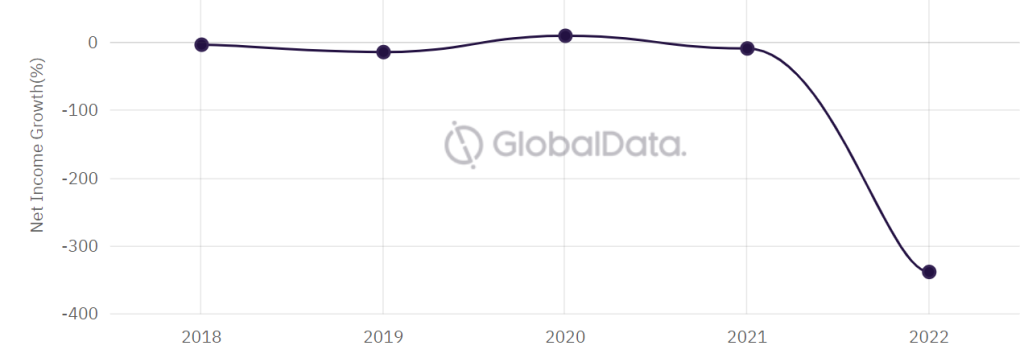
TV shopping channels, also known as teleshopping, can be traced back to the origins of television itself in the 1950s.
A form of direct-response television, it was the precursor to modern online shopping, with live presenters demonstrating a variety of products to an audience at home who can call in to purchase items. Dedicated TV channels then followed, and extended into 24-hour runtimes.
The teleshopping industry leader
QVC Inc, which stands for Quality, Value and Convenience, is a long-standing leader in teleshopping. Founded in 1986, it is a global operation and now a subsidiary of the Quarate Retail Group.
QVC distributes its programmes to cable television and direct-to-home satellite system operators for re-transmission to subscribers. The company also transmits via digital terrestrial broadcast.
The company has updated its teleshopping experience through integrating technology such as QR codes which viewers can scan to shop, taking them to the QVC app to purchase a televised item. This offering still stands alongside the more traditional sales telephone number for consumers to call.
QVC also offers payment by instalment, and sometimes displays the apparent number of items left in stock. This strategy encourages impulse buys if the number suggests that a desired item will sell out.

US Tariffs are shifting - will you react or anticipate?
Don’t let policy changes catch you off guard. Stay proactive with real-time data and expert analysis.
By GlobalDataWhile QVC can be classified as an industry leader with a storied history, its net income growth paints a worrying picture for the company.

This decline can be attributed to the rise of more modern retail experiences such as livestream shopping, which younger consumers gravitate towards as they are more likely to own a mobile device than a television.
Can teleshopping survive against online retail?
Teleshopping’s modernised competitor is livestreams, which originated in China and have grown into a $512bn market.
Social media platform TikTok has had the most success in capitalising on this trend, allowing consumers to buy products in-app on the TikTok Shop during live broadcasts. The platform is also ideal for influencer collaborations, which have become a key marketing technique in today’s retail sector.
While the concept of teleshopping and online shopping may seem similar, there is a fundamental difference. When online shopping, the consumer is in charge of searching for specific products which are presented to them via an algorithm.
Conversely, teleshopping relies on keeping the attention of the audience, who cannot choose what products appear on screen at the click of a button. This decision is left up to the teleshopping company and is dependent on their stock levels which are managed in collaboration with their suppliers and distributors.
In the digital age of shorter attention spans, maintaining viewer attention is a key challenge for teleshopping companies. Audiences will switch back and forth until they see a product that grabs their interest.
Focusing on products that require detailed demonstrations, such as technology or cleaning items, is a useful strategy for companies such as QVC.
Cheaper pricing will also attract and retain loyal consumers, which teleshopping companies can manage by ordering products from manufacturers in bulk.
The death of teleshopping is still being kept at bay, but it may happen if the sector cannot attract younger, technologically adept consumers and refute the claim that only older people teleshop.



